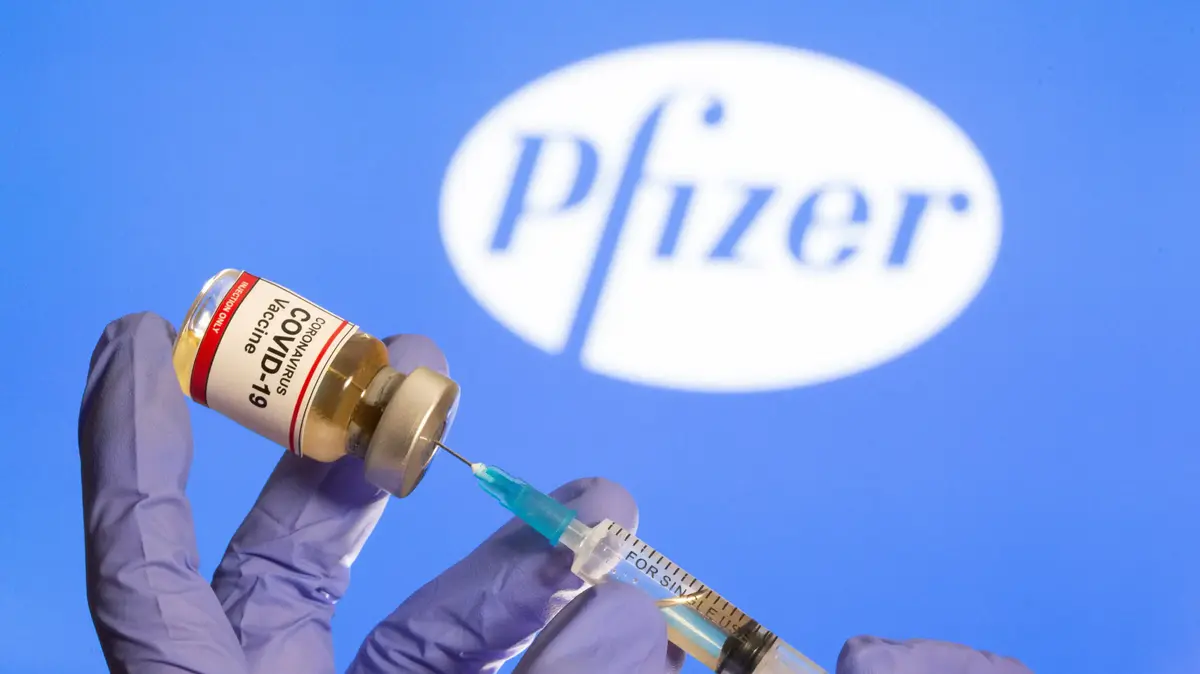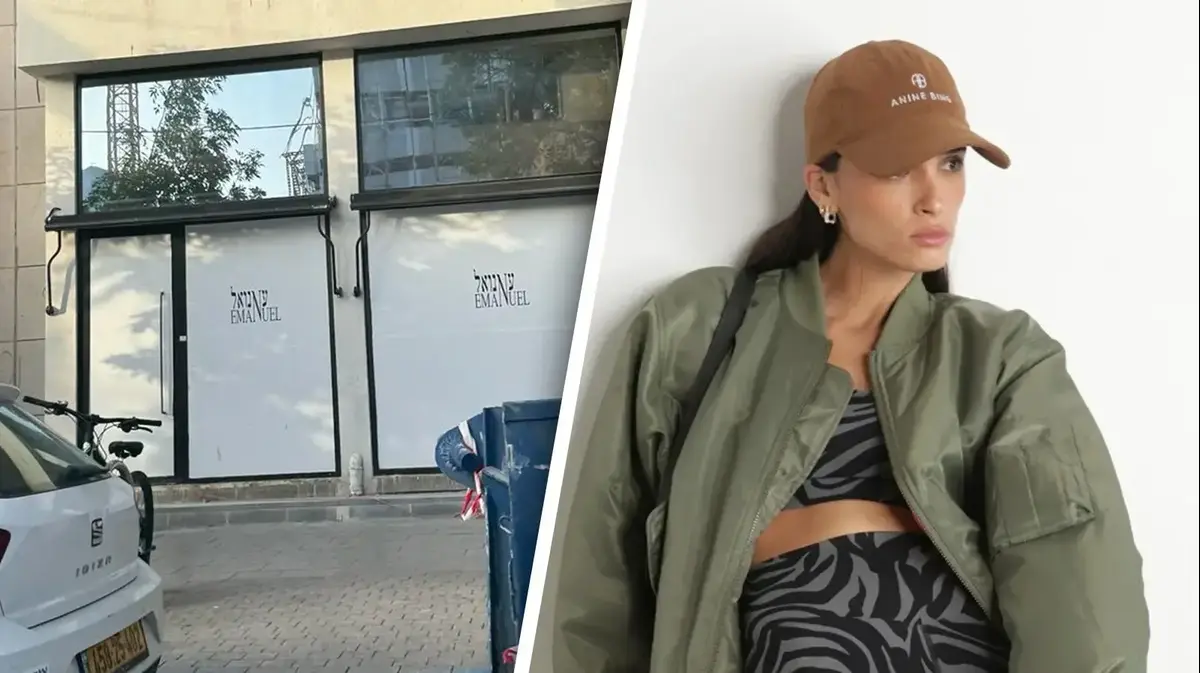From the stock of the people to the enemy of the people?
State of Israel v. Teva Company
The State of Israel filed a lawsuit in the amount of NIS 340 million against Teva, claiming that the company violated and robbed - in the development and marketing of the renewed version of the Copaxone preparation - the state's intellectual property rights, and did not pay royalties for them legally.
Between Ashkenazi
11/05/2022
Wednesday, 11 May 2022, 10:59 Updated: 11:25
Share on Facebook
Share on WhatsApp
Share on Twitter
Share on Email
Share on general
Comments
Comments
The State of Israel, through the State Attorney's Office, today filed a lawsuit in the Central District Court (Lod) in the amount of approximately $ 340 million ($ 100 million) against Teva, for violating the state's intellectual property rights due to non-payment of royalties from the sale of Copaxone. Renewed MS treatment.
The lawsuit was filed as part of the activities of the Civil Enforcement Unit of the State Attorney's Office, the Accountant General's Division of the Ministry of Finance and the Ministry of Health for the protection of state assets and rights, including intellectual property rights through civil law enforcement.
More on Walla!
Who matched Yirmi and Amdursky: How much do you know Israeli singers?
In collaboration with FRIENDS
Nature building in Kfar Saba.
Once the glory of the Israeli medical industry, today it is being sued by the state (Photo: Sivan Farage)
The background to the lawsuit
The drug Copaxone for the treatment of multiple sclerosis was developed by the Weizmann Institute and its marketing rights belong to Teva.
The drug was initially given as a subcutaneous injection to a patient, in a one-day dosing regimen of 20 mg. Near the expiration of the patents on the active ingredient, Teva launched Copaxone in a new version of a 40 mg dosing regimen three times a week.
The new dosing regimen has significant benefits for patients, it improves patient responsiveness to treatment, reduces side effects and also has an improved safety profile.
The new version of the drug has been approved by the FDA, has been a great success and has been sold, it is estimated, in multi-billion dollar amounts.
Teva has also registered worldwide patents protecting the drug's new dosage regimen.
The State, represented by
attorneys Osnat Dafna and Inbal Toaf from the Civil Enforcement Unit of the State Attorney's Office and attorneys Liad Wechstein and Amira Manglos
, Claims in its statement of claim that in the development and marketing of the renewed version of the Copaxone preparation, Teva violated and stole the state's intellectual property rights and did not pay it royalties estimated at millions of shekels.
The lawsuit states that "the state has no choice but to take legal action against Teva in order to ensure that it receives adequate compensation for the use of a public resource that has brought Teva a very large amount of revenue."
The state believes that Copaxone's new product is based on pioneering and groundbreaking research conducted by Prof. Korczyn (former director of the neurology department at Ichilov Hospital) and Dr. Fletcher (director of the clinical service for multiple sclerosis diagnosis and research at Assaf Harofeh Hospital), all rights in its products State Data: Teva relied on the study as evidence of the feasibility of the new dosing regimen, including patent applications it filed and as also determined in U.S. proceedings, even in support of a request to the FDA for approval of the drug in the new dosing regimen.
The lawsuit alleges that Teva exploited the research products in the product, filed a patent application in its name and then abandoned the application, all behind the state's back and without reporting to the state or obtaining its consent and without paying the state royalties as required.
For many years, Teva continued to hide the theft of state property rights, until the affair was revealed to the state by accident following a personal lawsuit filed by investigators against Teva in 2018.
Injection (illustration) According to the state FDA approval for the new and improved version of Copaxone, was based on a study whose winners belong to the State of Israel (Photo: ShutterStock)
"Teva received a benefit of immense value"
According to the statement of claim, "Teva's actions are also a clear case of making wealth and not in a lawsuit because Teva received, not according to a legal right, a benefit of immense value - the products and knowledge resulting from the groundbreaking research of Prof. Korczyn and Dr. Flechter Which were proof of the feasibility of the new dosing regimen which had significant medical benefits and allowed nature to maintain a few more years of exclusivity in a market valued at billions of dollars.
Therefore, Teva must pay the creditor (the state) the value of the benefit derived in such cases from the payment of royalties on sales. "
In the statement of claim, the state asks the district court to order Teva to pay monetary compensation to the state The state's position, on conservative estimates of the amount of royalties and sales of the product, in the amount of NIS 340 million (about $ 100 million), while the state reserves its rights to correct the amount later in accordance with the reports and financial information provided by Teva.
Of money
Tags
nature
State Attorney's Office
Royalties















